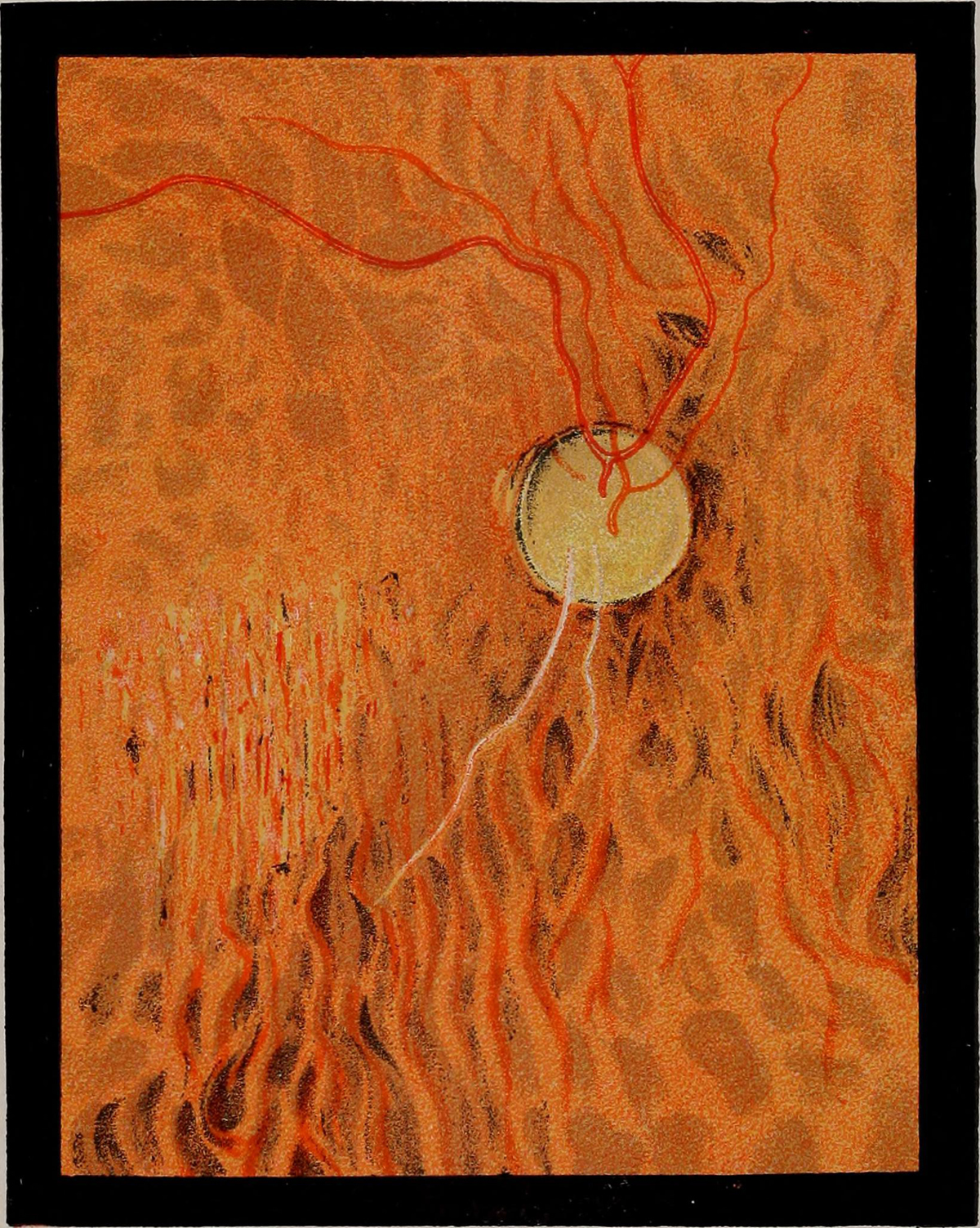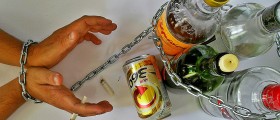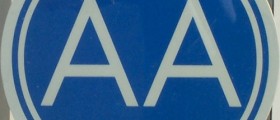
People who consume alcohol simply to feel good or avoid feeling bad may eventually face serious problems. Alcoholism and alcohol abuse can easily sneak up on them and such individuals may soon develop alcohol addiction. In order to help these people and for them to help themselves it is essential to understand the problem. Understanding is the first step in overcoming the addiction.
Signs and Symptoms of Alcohol Abuse
Experts say that there is a difference between alcohol abuse and alcoholism. Alcohol abusers posses the ability to set limits to their drinking. Still, in spite of that the drinking is even in their case self-destructive and dangerous.
Common symptoms and signs of alcohol abuse include frequent neglecting of responsibilities at home, work or school, using alcohol in situations that may have an impact of physical health (drinking and driving, operating machinery while being intoxicated or mixing alcohol with prescribed medications) and repeated legal problems on account of drinking. Furthermore alcohol abuse refers to continuation of drinking even though alcohol is causing problems in relationships, getting drunk in order to relax or reduce stress.
Signs and Symptoms of Alcohol Dependence
Not all alcohol abusers eventually become alcoholics. Still, they are at higher risk to become one and develop all the symptoms and signs of alcoholism. Alcoholism may develop suddenly in response to a stressful change (a breakup, retirement, loss of a close person etc.). On the other hand, it may also gradually creep on the individual as his/her tolerance to alcohol slowly increases.
Alcoholism is actually the most severe problem associated with drinking. Apart from symptoms and signs of alcohol abuse alcoholics have additional symptoms and signs connected with physical dependence to alcohol.
The first warning sign of alcoholism is most definitely tolerance. Alcoholics need to drink more in order to achieve effects they used to obtained with less quantities of alcohol. The second sign that points to alcoholism is withdrawal. Namely, people who drink to relieve or avoid withdrawal symptoms are fully developed alcoholics. In heavy drinkers the body gets used to alcohol and it acts in a form of withdrawal symptoms and signs in case alcohol is taken away. Typical withdrawal symptoms and signs in alcoholics include anxiety or jumpiness, shakiness or trembling, sweating, nausea and vomiting, insomnia, depression, irritability, fatigue, loss of appetite and headaches. In severe cases alcohol withdrawal may induce hallucinations, confusion as well as seizures. The person may develop fever and become agitated.
Denial is one of the most serious problems of both alcohol abusers and alcoholics. Their desire to drink is way to strong and they are simply unable to rationalize drinking even when the consequences occur.

















Your thoughts on this
Loading...